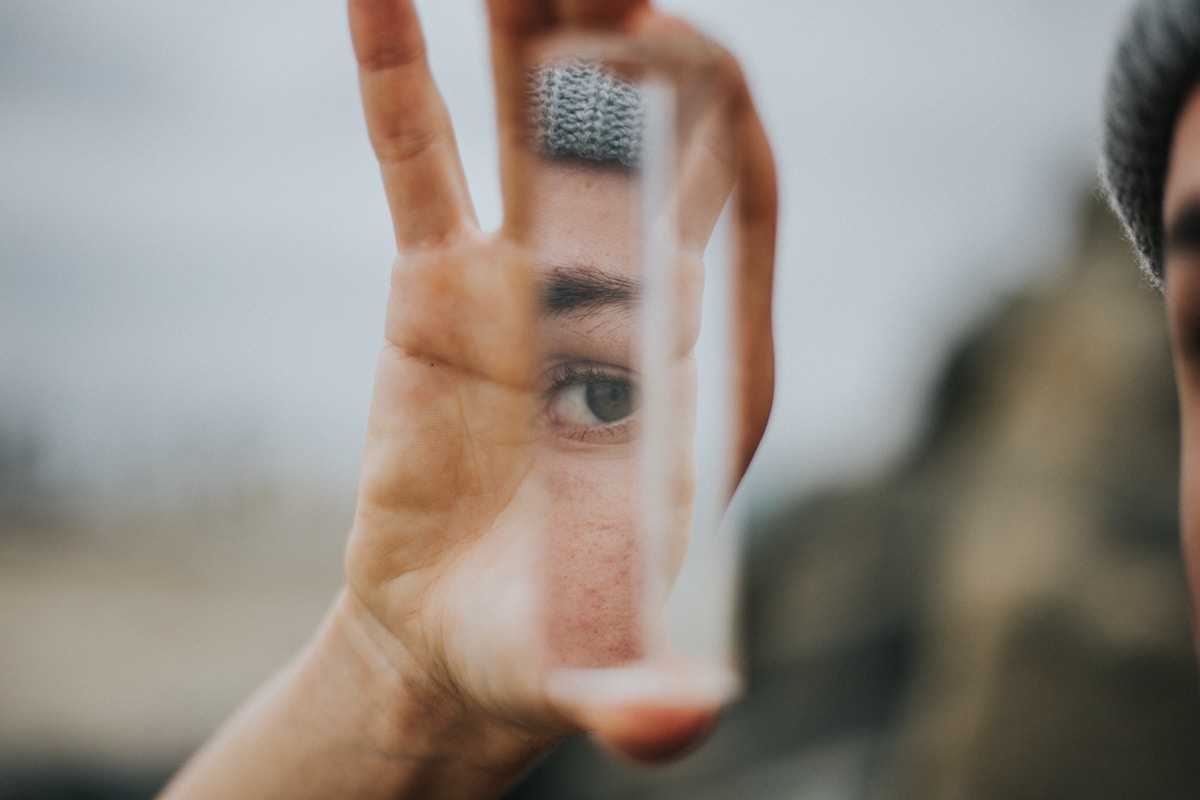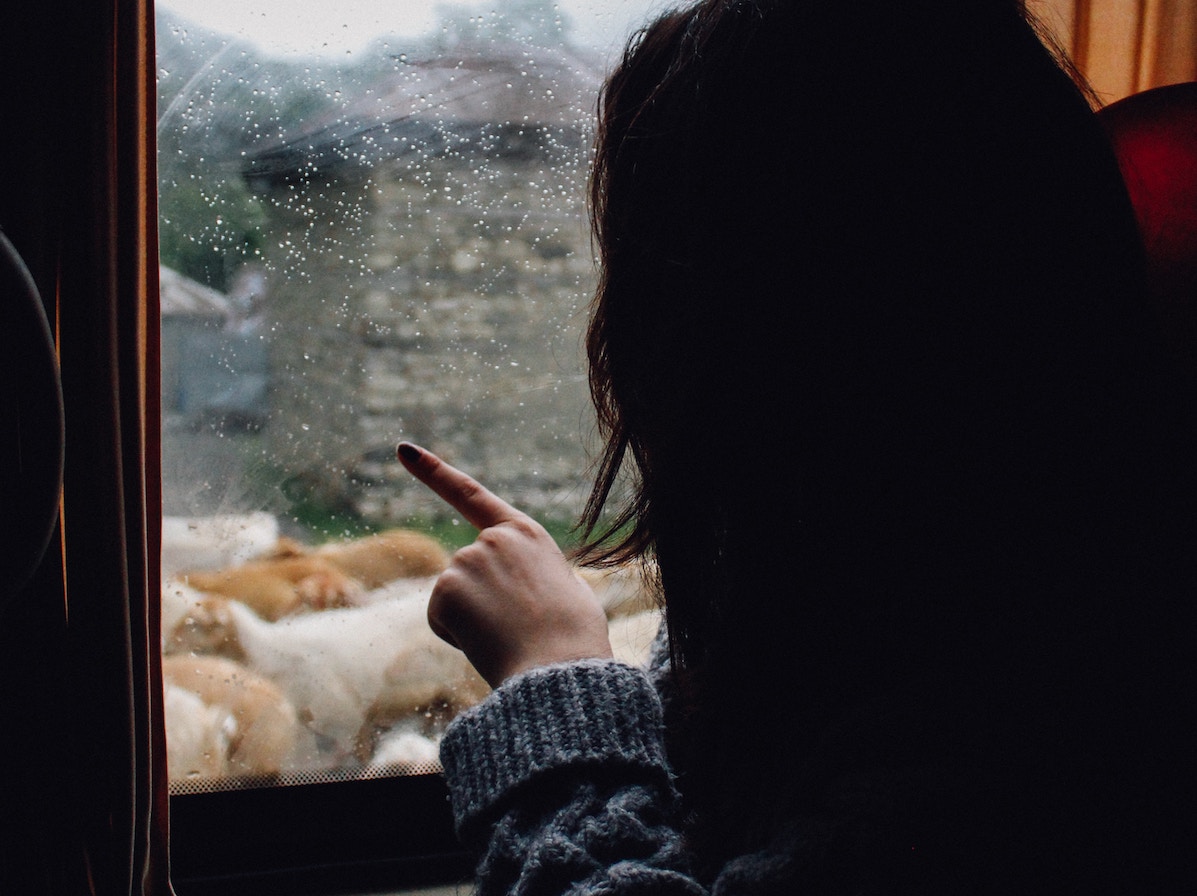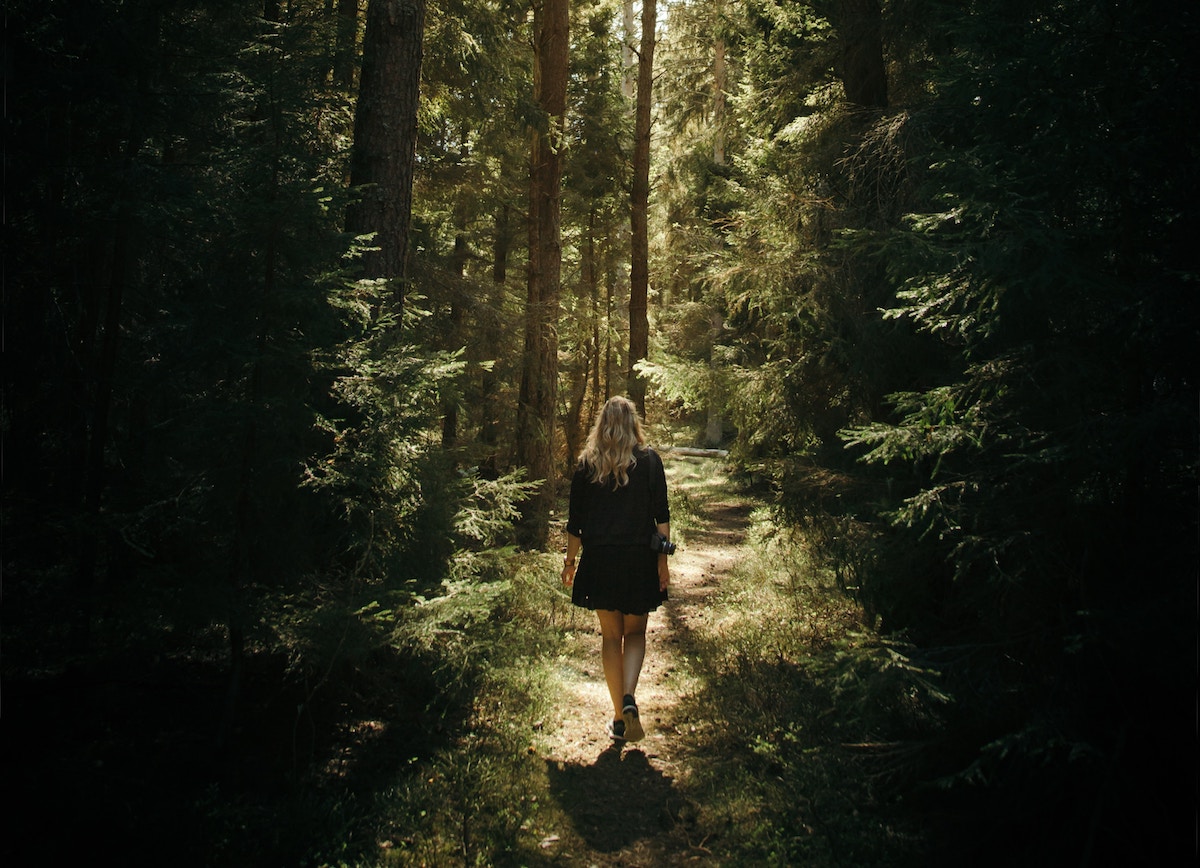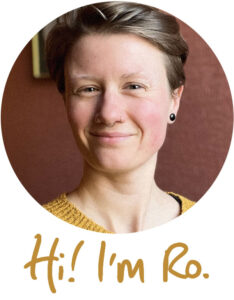How To Build a Strong Sense of Self

What does it mean to have a sense of self?
A theme that comes up a lot in my coaching work is creating a sense of self, which in less jargon-y language means developing your sense of who you are, what’s important to you, what your needs and desires are, and crucially being able to really trust in this and use it as an anchor – even when the world is chaotic, unpredictable, and confusing.
In the work I do, it’s rare that someone comes to me saying, hey! I have a terrible sense of self and I need help with this. Instead it shows up a few different ways, some obvious and some less so.
How do you know if you have a weak sense of self?
Perhaps the most obvious indicator that you don’t have a strong sense of self is the pattern of losing yourself in a relationship. This is when you find yourself shapeshifting to meet the others’ needs, people-pleasing, and realising that you’re not doing any of the things that used to bring you joy any more. This can be tricky because you might have a really strong sense of who you are and what’s important to you when you’re not in a relationship, but as soon as you start to feel strongly about someone, it can completely undermine your own identity.
Another common pattern is finding it really challenging to receive any feedback or criticism, because your sense of self is easily swayed and heavily impacted by others’ opinions of you. This can also make it really difficult to make decisions or trust your own intuition without feeling a bunch of anxiety over what others will think, or whether you’re doing the ‘right’ thing. To be clear: we are social creatures and it’s natural and human to include those we care about in our decision-making, and to want them to think well of us! But it’s important that we can balance this against what we know is right for us.
One final and less obvious sign is getting caught up in black and white thinking. Having a strong sense of self allows you to hold all of the complexity of grey areas, especially in your relationships. As humans, we are inconsistent, irrational, and confusing beings! This fact can be difficult to tolerate if you don’t have a strong sense of self, because you don’t have a stable place to anchor yourself – so you look for this in other people. This might mean that the way you think about other people is quite all-or-nothing: your ex might be a terrible monster of a person with no redeeming qualities whatsoever, while your new partner might be the most perfect, absolute best person to walk into your life. While there might be some truth in these assessments, there is likely more to the story, and having a stronger sense of self might give you the capacity to see more nuance.
And of course, you might turn any of these signs back around onto yourself too, either by heavily criticising yourself, or finding it difficult to accept your own inconsistencies or forgive yourself for perceived wrongs.
How does our sense of self develop?
We develop our sense of self at quite a young age, through a process called individuation. This is when we start to explore our own identity, preferences, and needs, and express these to those around us. No surprises that if we are shamed or shut down as we start to do this then it becomes very difficult to build a strong sense of self! Instead we might learn that important parts of ourselves are not ok and we have to hide them away, to maintain a relationship with a caregiver.
Your sense of self might be further impacted as you grow up in all kinds of ways: your experiences at school socially and academically, in early sexual and romantic relationships, in the process of moving away from home to university, college, or work, and your adult relationships too. Being in an abusive relationship can severely impact your sense of self as an adult, for example, while finding a new hobby you enjoy, or a solid group of friends, can really help to build it up.
How do you build a strong sense of self?
If you’re realising that your sense of self isn’t as strong as you’d like it to be, here are some ideas of ways to start building it back up:
Spend time alone
This can feel edgy for some people, especially if you find you often rely on others to initiate plans or decide on an activity. For this reason, it can be a great way to start building your sense of self! You get the chance to find out who you are without other people around. Spending time alone can be even more important if you’re in a romantic relationship, since it’s so easy to lose yourself in these and start spending all of your free time with the other person. Start scheduling in time that’s just for you, even if it feels uncomfortable at first – see it as spending quality time with yourself. You can use this time to experiment with finding the things that light you up – it can be an exploration.
Notice the times when you feel most like yourself
Are there moments in your life right now when you really feel like yourself? Maybe they are small moments, when you’re doing something quite everyday, like walking in a favourite nature spot, playing with your dog, or listening to a favourite tune. Pay attention to these: they are telling you something important about who you are. See if it’s possible to start really savouring them, noticing the quality of them, and building in more time for them.
Reflect on your values
What qualities are most integral to who you are? Creativity? Kindness? Playfulness? Dedication? Conscientiousness? Open-heartedness? Something else? You might like to settle on three words that have been an important part of who you are, and who you aspire to be – like a thread that runs through your life despite all of the changes. See how it feels to connect to these values and identify with them. Notice if an inner critic starts to make themselves known as you’re reflecting on these, and lovingly ask them to step to one side for the moment if possible.
Consider your dreams
What are your hopes for the future, regardless of anyone else’s plans? What are your aspirations, ambitions, and fantasies? This can feel vulnerable to bring to mind – dreaming brings with it the possibility of dreams going unmet – so be gentle with yourself if that’s the case for you. Having a vision for how your future might be, in any area of your life, can help you to connect with what’s most important to you.
Practice making your own decisions
This one is also particularly great to do when you’re in a romantic relationship! Having a weaker sense of self can make it very easy to let the other person make the decisions, both big and small. Are there decisions you typically allow the other person to make, that you could experiment with making yourself? If this is a pattern for you then you could start small, with things that might feel edgy – especially if it means disagreeing about something – but still doable. Some of the previous tips might support you in better making decisions, because you can use what you’ve learned about yourself to decide how you want to spend your time, for example. How would it be to try making decisions based on the things that light you up most, or the values that are most important to you, or the direction your dreams point towards?
Next steps
Because you develop your sense of self in relationship with other people, just as it can be damaged in relationship with other people, sometimes it can be really helpful to ask for some help when you want to build yourself up. Therapy or coaching can both be great ways of using your relationship with a practitioner to develop your sense of self. You can read more about the coaching I offer here if you’re interested in finding out more about the way I work.


